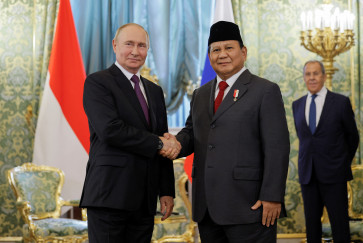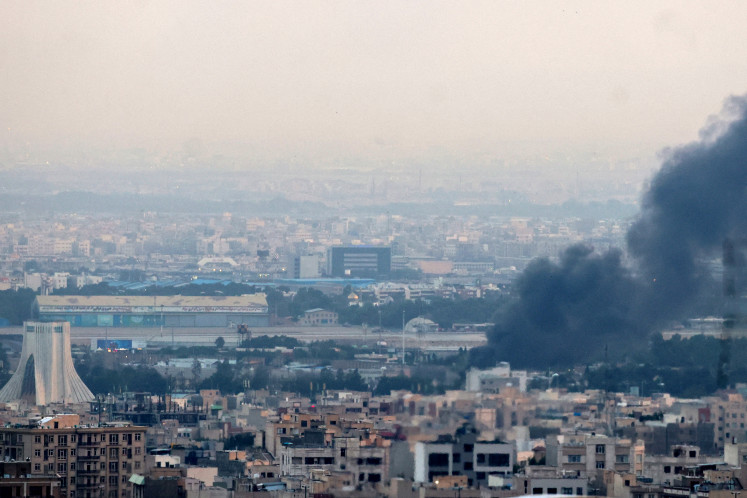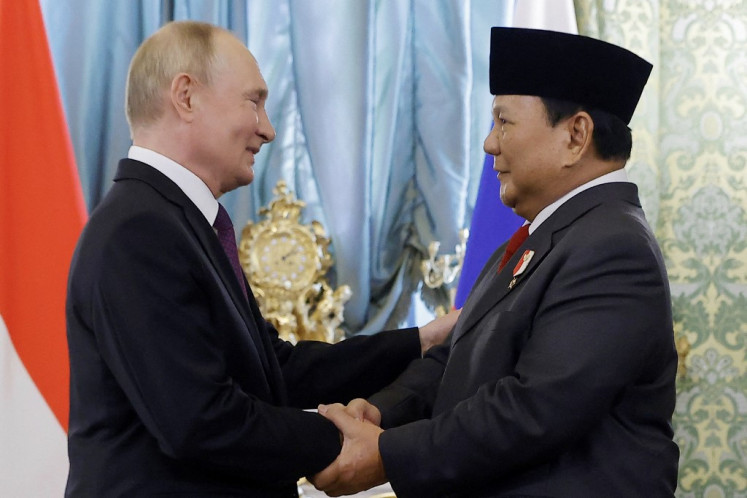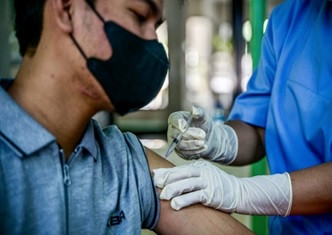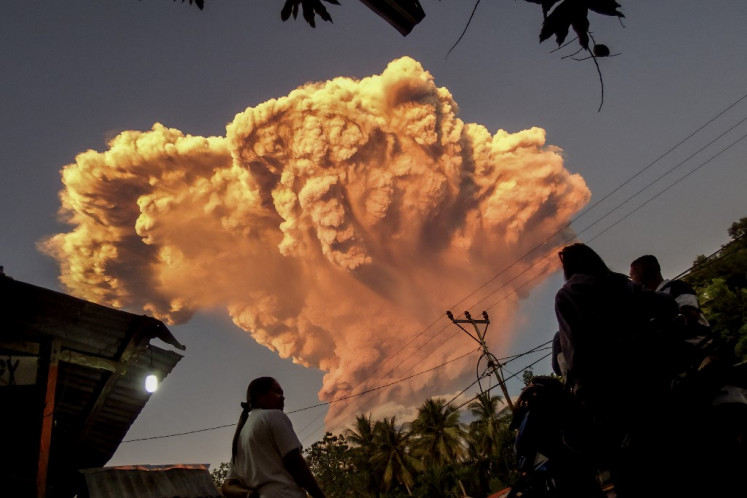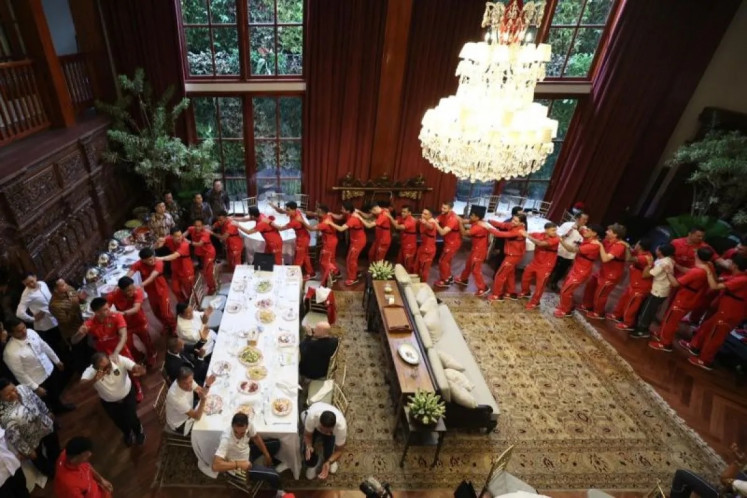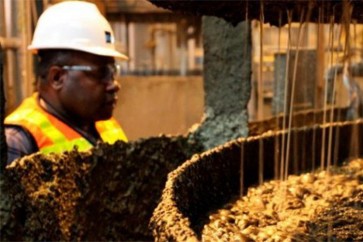Popular Reads
Top Results
Can't find what you're looking for?
View all search resultsPopular Reads
Top Results
Can't find what you're looking for?
View all search resultsFreeport vs Indonesia: In defense of public welfare
The critical question we have to ask is whether international arbitration constitutes the most appropriate mechanism available for reaching the best solutions for both parties.
Change text size
Gift Premium Articles
to Anyone
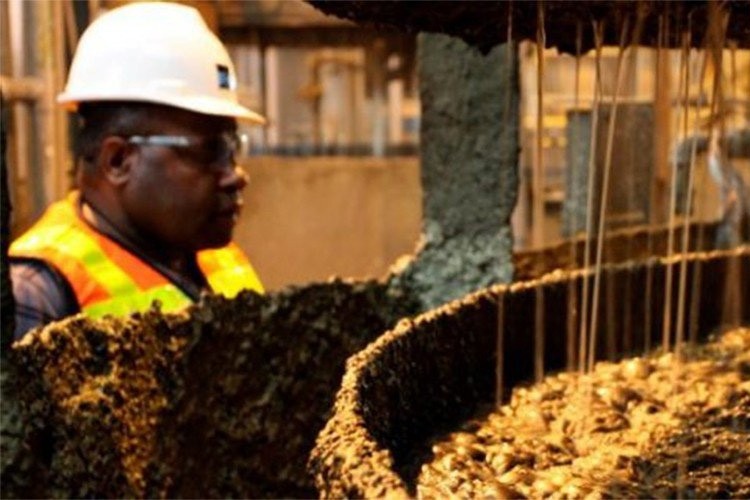 Value added output: A worker monitors the mineral flotation process to produce copper, gold and silver concentrates in one of Freeport Indonesia's facilities. The dried concentrates are taken to Amamapare port, Papua and shipped to molding factories. (Kompas/B. Josie Susilo Hardianto)
Value added output: A worker monitors the mineral flotation process to produce copper, gold and silver concentrates in one of Freeport Indonesia's facilities. The dried concentrates are taken to Amamapare port, Papua and shipped to molding factories. (Kompas/B. Josie Susilo Hardianto)
O
ver the course of the saga of US mining giant Freeport versus the Indonesian government, both sides have made tit-for-tat threats to take the protracted dispute to international arbitration. The critical question we have to ask is whether international arbitration constitutes the most appropriate mechanism available for reaching the best solutions for both parties.
Illustrating the arbitration, the center of gravity of the first stage will focus on the question of whether the arbitral tribunal has jurisdiction over the breach of contract allegedly committed by Indonesia. This issue stems from the government’s issuance of a new regulation requiring mining companies wishing to continue exporting copper concentrates to terminate their Contract of Work (CoW) and convert them into a special mining license (IUPK).
In the business sphere, foreign investors employ techniques to protect their investments from the risk of legal uncertainty. One of them is signing a contract with the host state. However, despite Freeport’s investment being protected by the CoW, this protection is not powerful enough due to the fact that is not covered by the Bilateral Investment Treaty, under which the second layer of investment protections are usually placed. Another reason is because the CoW designates Indonesian laws as the governing law, rather than international law.
These factors consequently delimit Freeport’s ability to dress up the claim of breach of contract as a breach of treaty under the umbrella clause. This is an advantage for Indonesia as it is generally accepted that a breach of contract per se by the host state does not give rise to direct international responsibility. It could dissuade the arbitral tribunal to accept jurisdiction over the case.
Nonetheless, since the arbitration system lacks predictability and proliferates a heterogeneity of interpretations, Freeport will likely delocalize the contract by referring to customary international law and like-minded arbitration awards.
The subsequent stage will involve “judging” the government’s attitudes toward Freeport’s investment. This is when, on one axis, the host government asserts its right to make a bona fide legal change to advance its public interests, but on the other, the investor deems such change as a deprivation of its investment.
Its analysis devolves into two frontlines. The first line will find the answer to a question whether the government’s unilateral act to terminate the CoW and oblige the divestment of 51 percent may constitute creeping and partial expropriation (indirect expropriation) under customary international law and national law.



